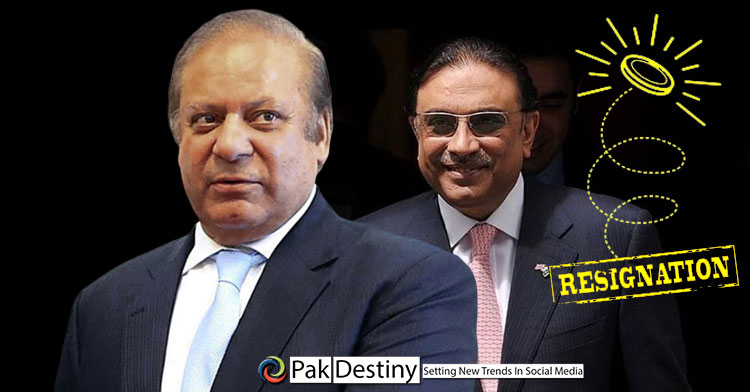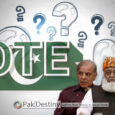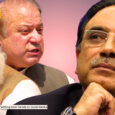
By Raza Ruman
PPP co-chairman Asif Ali Zardari has paid with a same coin to PMLN Quaid Nawaz Sharif.
As Nawaz was pleading before Zardari to resign from assemblies, the latter said “straight no”.
Zardari has reminded Nawaz of his betrayal when Gen Raheel Sharif was the army chief.
Nawaz and Zardari had planned to give tough time to the establishment. For the purpose Nawaz asked Zardari to take on the military establishment and he was standing with him.
Then came historic speech of Zardari in 2015 hitting out at Raheel Sharif. What happened after that everyone witnessed that. Zardari has to take refuge in Dubai for about two years. He returned only after Raheel tenure was over.
Now on resignations it was perfect time to pay back Nawaz and he did what exactly expected of him.
After Zardari’s refusal, PDM in total disarray.
DAWN also wrote about internal crisis is brewing within the Pakistan Democratic Movement alliance and the days ahead call for some difficult decisions that will have far-reaching consequences. Even as they say they share a common democratic goal, the challenges for each opposition party in the PDM are quite different, as are the leadership’s individual positions on the political spectrum.
It says the JUI-F, which has the least to lose, is taking the hard-line stance that all PDM lawmakers must resign. The PML-N, however, has considerable numbers in both the national and provincial assemblies, but unlike the PPP, it is not part of a government in any province and therefore would be less affected in the case of mass resignations. It is also bearing the brunt of the government’s controversial accountability drive and facing increasing pressure with the arrest of Khawaja Asif by NAB and the continuing detention of key party figures such as Shehbaz Sharif and Hamza Shehbaz. With no indication that the PML-N will scale down its demands, there could be trouble ahead.
Among the PDM parties, it appears that the PPP is alone in its reluctance to resign en masse. By urging PDM members to tread carefully and evaluate the consequences of resignations from each angle, it has clearly signalled its hesitancy and has left the final decision on the issue to its central executive committee and not the alliance. The party’s suggestion of consulting constitutional law experts is valid, as resigning from the assemblies is an extreme decision that could have serious political repercussions.
Resignations before the Senate elections would give the governing party an open field to ensure a majority in the upper house which is a continuous body unlike the National Assembly. The PPP’s question regarding what would happen if the government called for by-elections is also one that may be important for all PDM component parties to consider — for, as challenging as it appears, a by-election could take place as the government is showing no signs of relenting. Interestingly, while the parties speak with one voice from the same platform on one day and deny talks of a rift, the following day they make contradictory decisions. Some say the difference of opinion between Asif Ali Zardari and Bilawal Bhutto-Zardari may be a reason for this, as the former president might want to leave room to build bridges with the establishment.
Dawn says this inconsistency, reflected in individual goals and evidenced in each party’s approach to the resignation issue, signals confusion within PDM ranks. While it is not clear how it will affect the ‘long march’ on the capital, which is part of the alliance’s final-stage strategy, it doesn’t bode well for the future of the alliance. For now, the PDM needs to address its internal challenges if it wants to avoid disintegration, and take its next steps on the basis of reason, not emotion.
It will be better for PDM to take a more wise course to oust what it calls puppet Khan. PAK DESTINY






